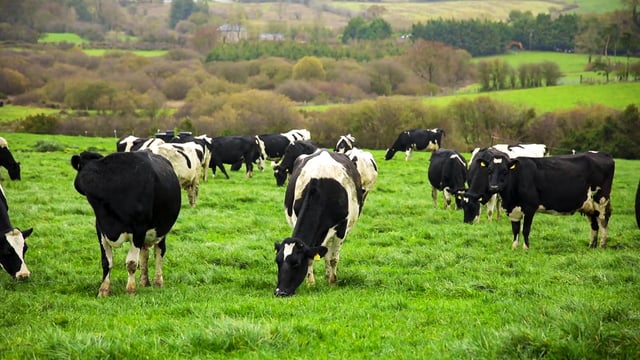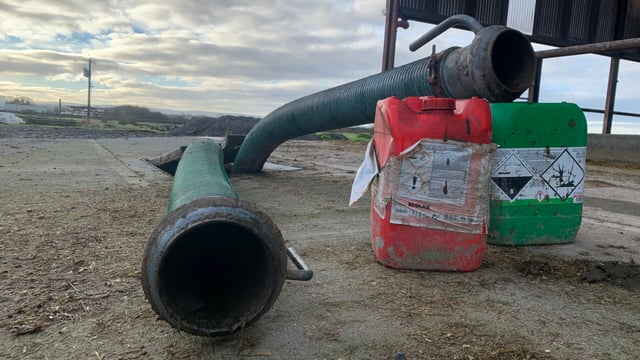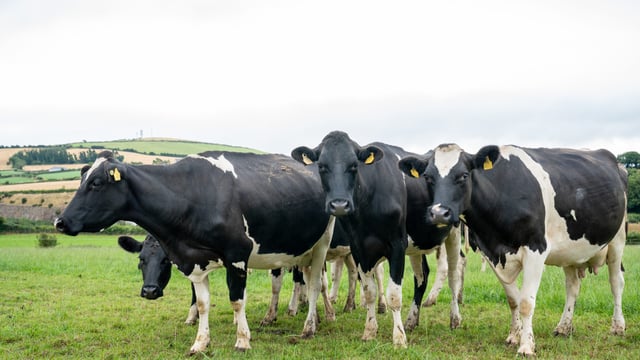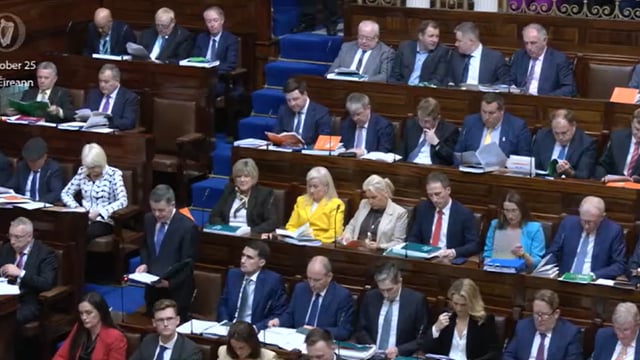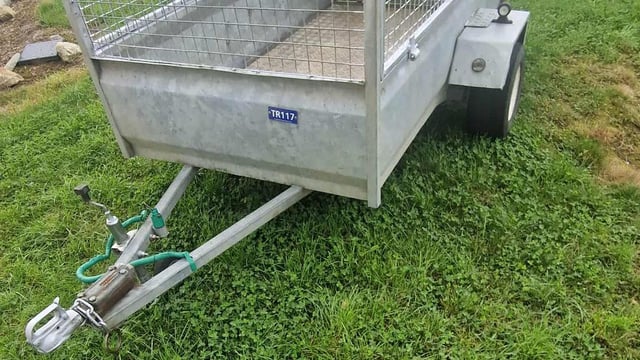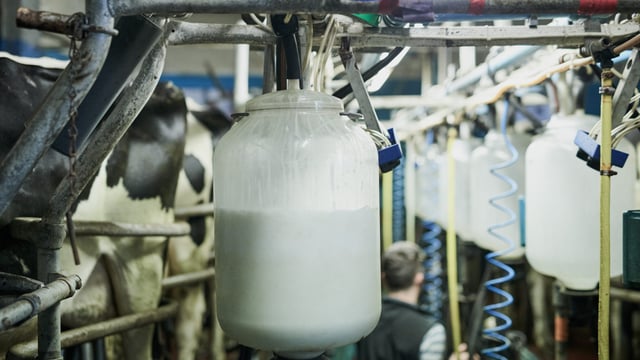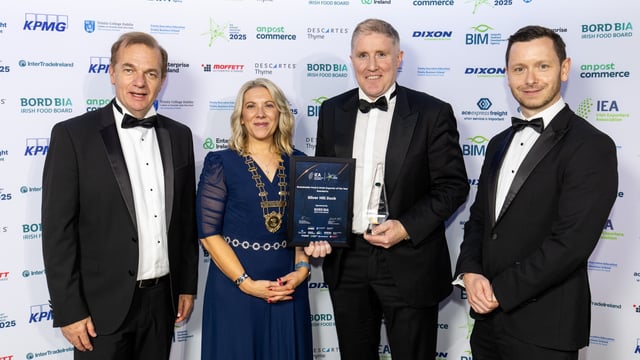Budget 2026: Carbon tax 'ring-fenced' to farm 'in greener way'
The revenue generated from an increase in carbon tax this year, which brings the tax to €71/t of carbon dioxide (CO2) emitted, will be ring-fenced for farmers and social welfare measures.
That's according to Minister for Finance, Paschal Donohoe who announced Budget 2026 in Dáil Éireann today (Tuesday, October 7).
The increase in carbon tax will be applied to auto fuels with effect from tomorrow (Wednesday, October 8) and to all other fuels from May 1, 2026.
The additional revenue arising from the carbon tax increase is estimated at €121 million in 2026 and the full year additional yield is estimated at €157 million.
Delivering Budget 2026, Minister Donohoe said: "These revenues will be ring-fenced to ensure that the carbon tax policy is progressive.
"We will spend this revenue on social welfare measures and other measures to prevent fuel poverty and to ensure a just transition; a socially progressive national retrofitting programme, and funding to encourage and incentivise farmers to farm in a greener and more sustainable way."
Solar generation
The finance minister added that Ireland is making "huge progress" on solar generation.
"There are over 140,000 households with solar PV installed, providing greater energy affordability for these houses both by reducing their own energy demand and allowing them to sell excess energy into the grid," Minister Donohoe said.
In terms of microgeneration of electricity, Minister Donohoe said: "To help as many citizens as possible to play a role in the energy transition, I am extending the income tax disregard of €400 for income received by households who sell electricity from microgeneration back to the grid for a further three years to the end of 2028."
Electric vehicles
Budget 2026 also extends the €5,000 VRT (vehicle registration tax) relief for electric vehicles for a further one year until December 31, 2026.
In relation to the Benefit-in-Kind regime for company cars, Minister Donohoe announced that he is extending, on a tapered basis, the universal relief on the Original Market Value of a vehicle which was first introduced as a temporary measure in 2023.
"This relief will remain at €10,000 in 2026. It will reduce to €5,000 in 2027 and €2,500 in 2028, being abolished from 2029," he said.
"I am also creating a new vehicle category for zero emission cars only, where the lowest BIK rates will apply."


